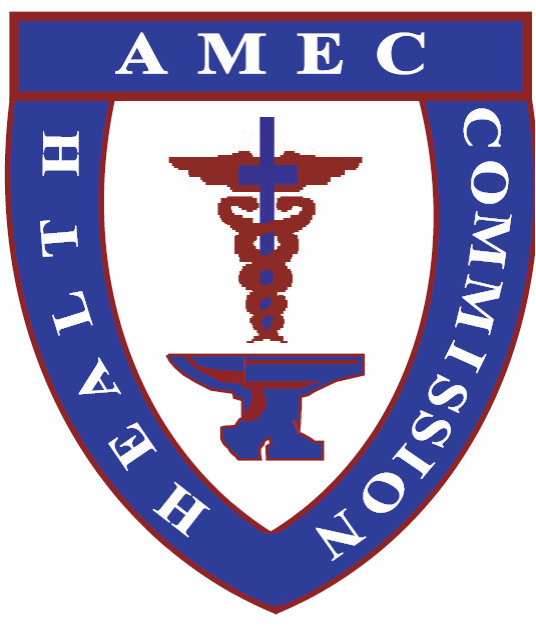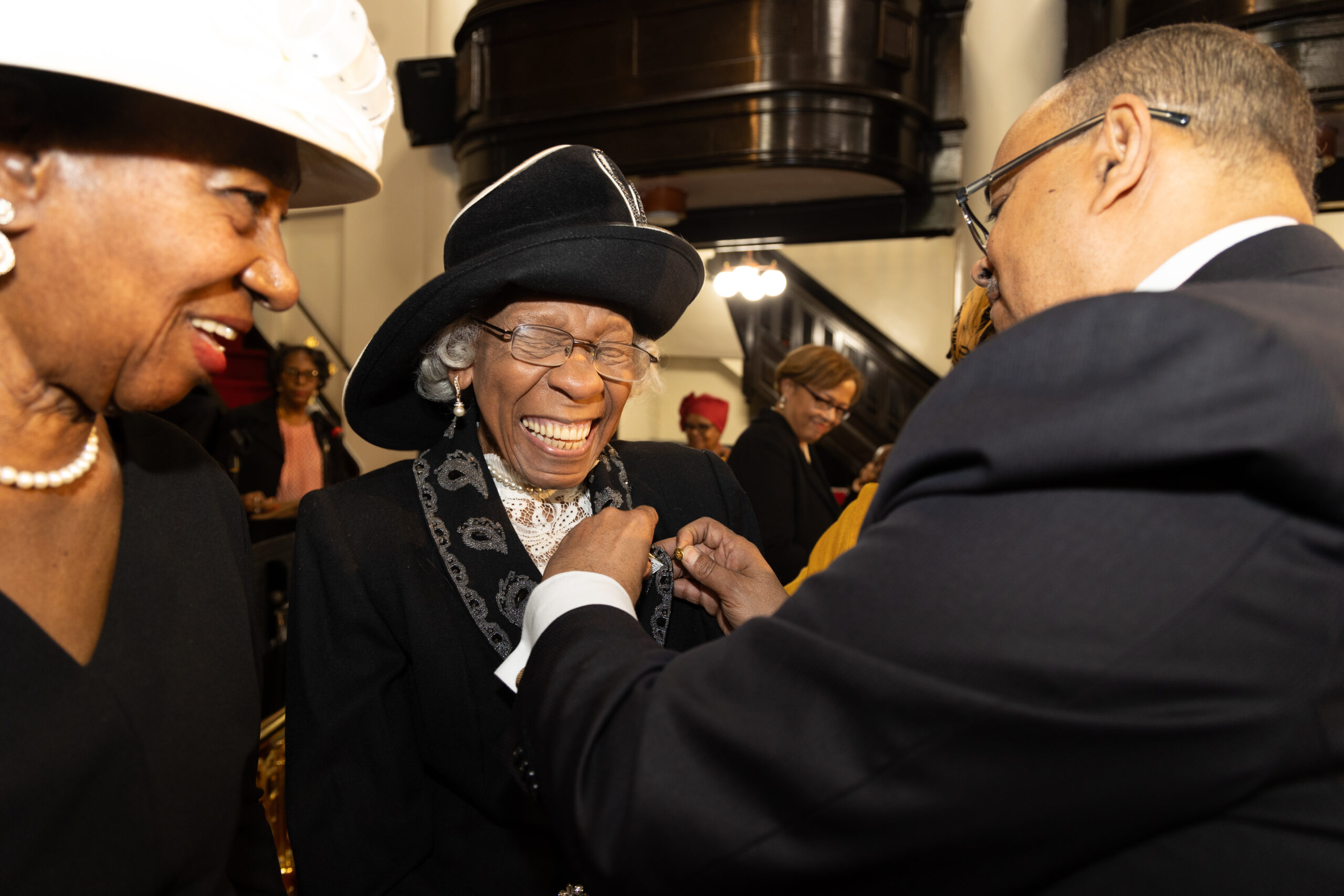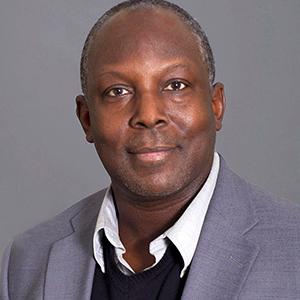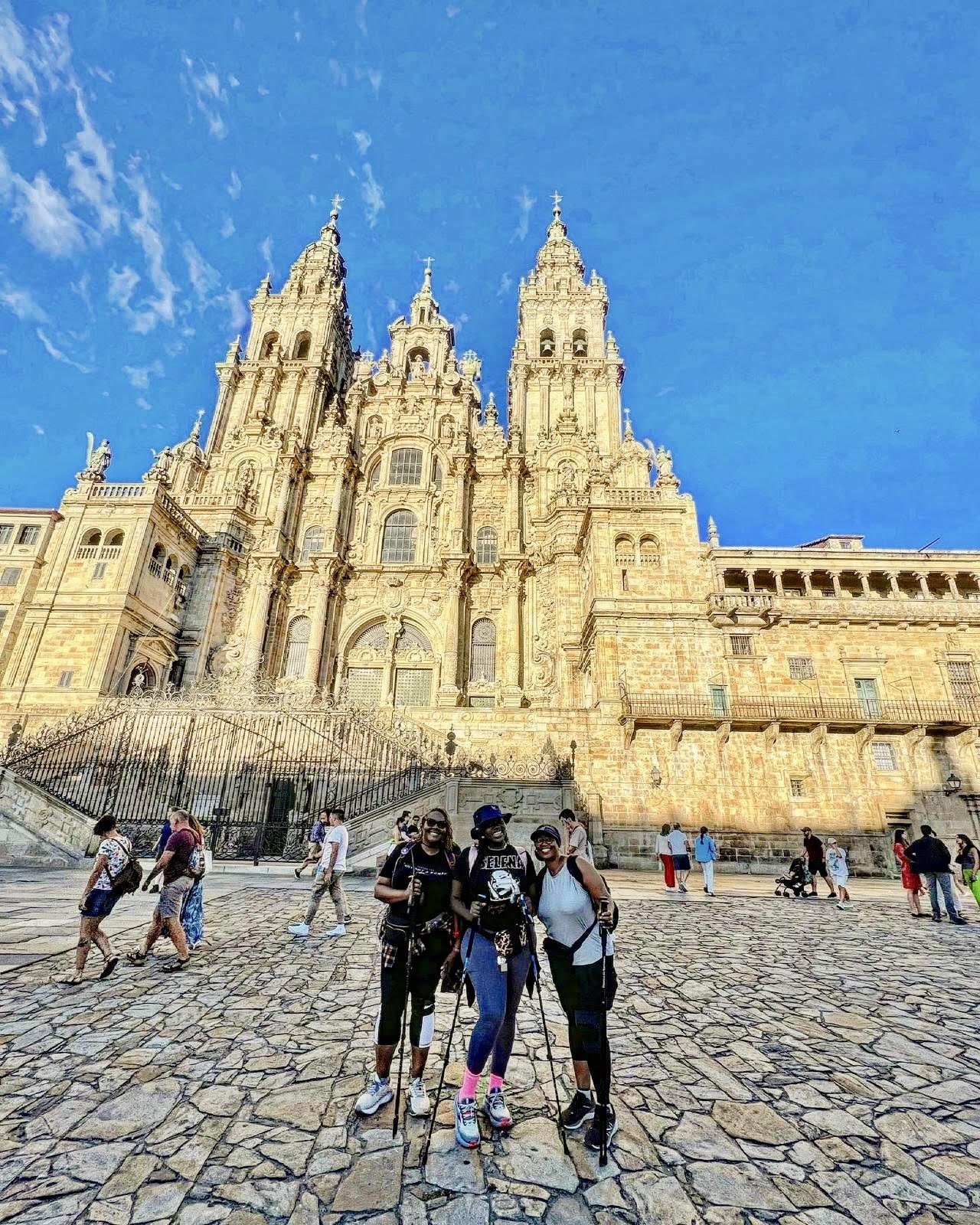Apathy or Appeasement: Are We Missing the Mark for Social Engagement?
Rev. Brandon A. A. J. Davis, Contributing Writer
Lately, I have been thinking about the church’s level of involvement regarding social engagement within our communities of service. As a pastor in Southwestern Pennsylvania, I notice both black and white pastors are not concerned about responding to the issues plaguing our society. Local ministers in my area would rather meet for collegial fellowship instead of creating space and opportunity to address the increasing violence, drug use, and educational concerns that are both loudly and largely affecting our community.
Are we still tired from COVID-19 and its mutating variants? Are we overwhelmed by the issues before us and are shocked into silence? Have we abandoned our sense of duty and calling and accepted a laissez-faire outlook on what the church should be doing? These varied questions overwhelm me, especially in motivating pastors and leaders to start small and tackle the essentials of gauging the needs of the people we say God has called us to serve.
As I am sure, pastors worldwide are struggling to find meaningful ways to engage their community and address the needs of the people, whatever they may be. What saddens me most is the lack of imagination when envisioning how church leaders can, without significant effort, provide a ministry of service to those who brave the cold, chilling, and lonely winds of societal indifference. People face social angst, social injustice, and social challenges too numerous to count. So again, are we tired from COVID-19? Have we waxed cold with apathy, a seriality of “I don’t care,” or have we vacated our deep sense of care and concern with our mediocre handouts of ministerial appeasement? Sure, all of this sounds rough; nevertheless, I am not talking to you only but myself included.
So many social issues lay before the church, yet we seem too comfortable vacillating between two opinions: do nothing or ignore everything. Dr. Martin Luther King, Jr., makes a poignant statement I feel honors the moment: “We are now faced with the fact that tomorrow is today. We are confronted with the fierce urgency of now. In this unfolding conundrum of life and history, there ‘is’ such a thing as being too late. This is no time for apathy or complacency. This is a time for vigorous and positive action.”
Toward the close of 2022, a national survey suggested the following needed more public attention: drug policies, infrastructure, gun violence, immigration, education reform, and foreign policy. At the same time, these issues do not overshadow the lingering reality of police brutality, gang violence, racism, and women’s rights. In truth, there is enough room for the church to formulate an opinion and a plan of action to remedy their menacing presence in our communities and the lives of those we serve.
We have recently seen too much apathy as when the pandemic initially forced us to rethink how to do church. In a repetitious and constantly evolving conversation with my best friend and sister Tina DeVeaux, who consistently preaches to me that “during the pandemic, it was shocking to see so many churches close and remain closed through the pandemic and beyond. Yet they wanted to be included as an “essential” business. Why did we close during a crisis instead of fulfilling our call and commitment to care for God’s people? You can’t be essential if you’re not active. If you’re not active, you cannot be a source of help and support to the very people you call members and neighbors.”
The church has lost much of its influence and luster in many cases, be it political, social, or spiritual. Even those actively part of the church no longer consider the church before making life-changing decisions – let alone as the go-to place for help, healing, and support. Truly as Tina says, we’ve lost our place within our own communities. Habakkuk 1:3-4 (NIV) says: Why do you make me look at injustice? Why do you tolerate wrongdoing? Destruction and violence are before me; there is strife, and conflict abounds. Therefore, the law is paralyzed, and justice never prevails. The wicked hem in the righteous so that justice is perverted.
In the face of so much indecision and apathy, let us decide reverently and soberly to be the church, ready and willing to respond to the combative social nature of a growing and culturally changing world. Instead of appeasement, let us strive to reengage, reimagine, and rethink doing ministry. We can do it; God can help.
Dr. Brandon A. A. J. Davis, Contributing Columnist, is the 37th Pastor of Ebenezer African Methodist Episcopal Church in Aliquippa, Pennsylvania.





